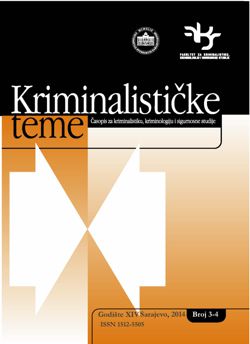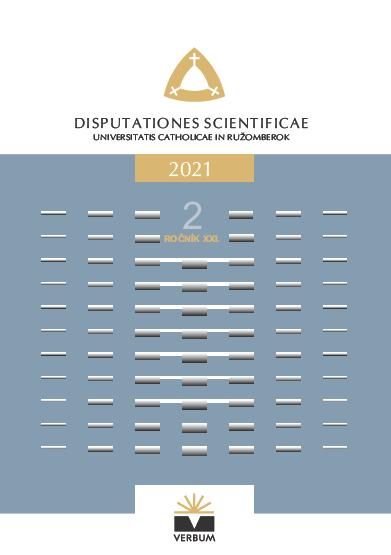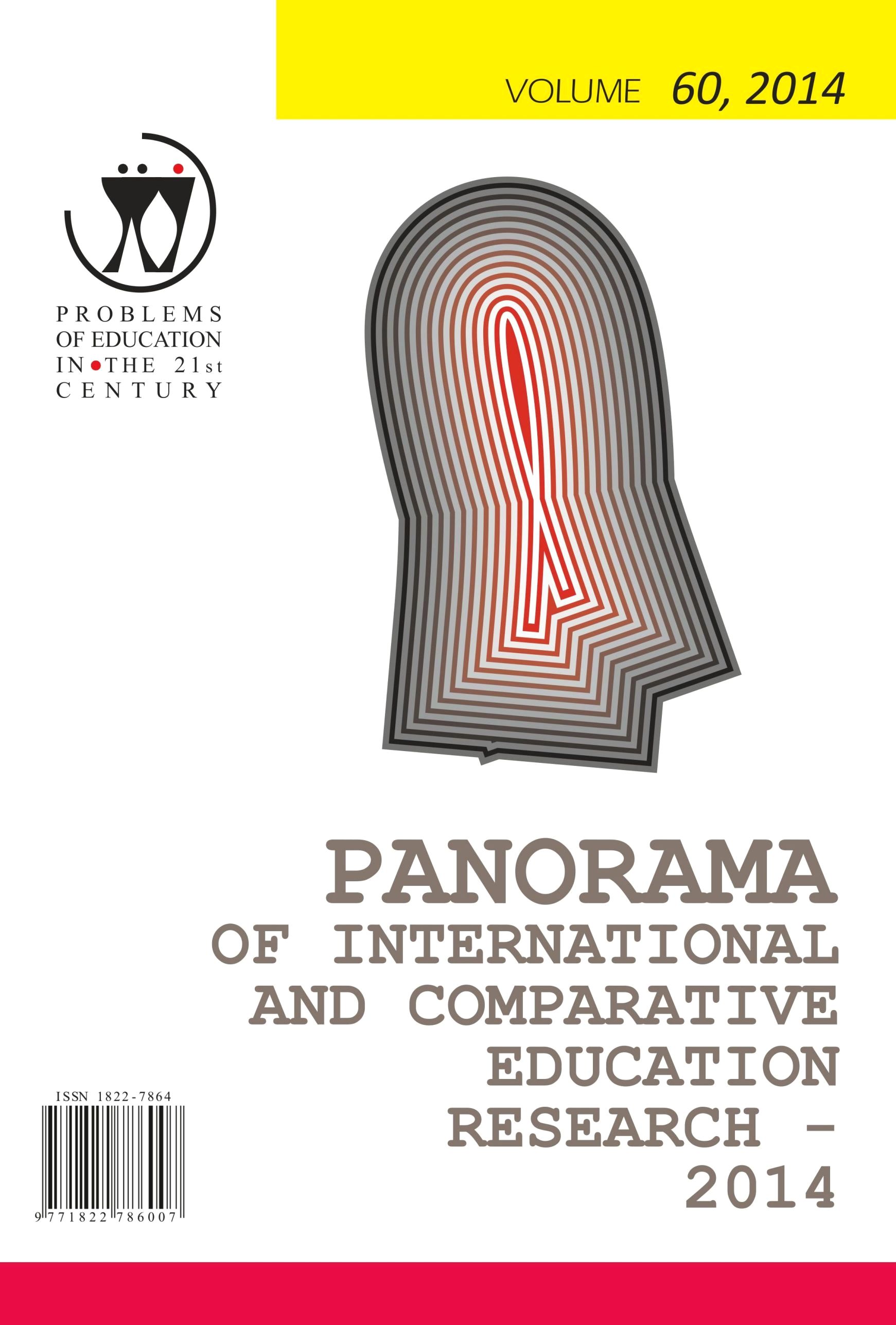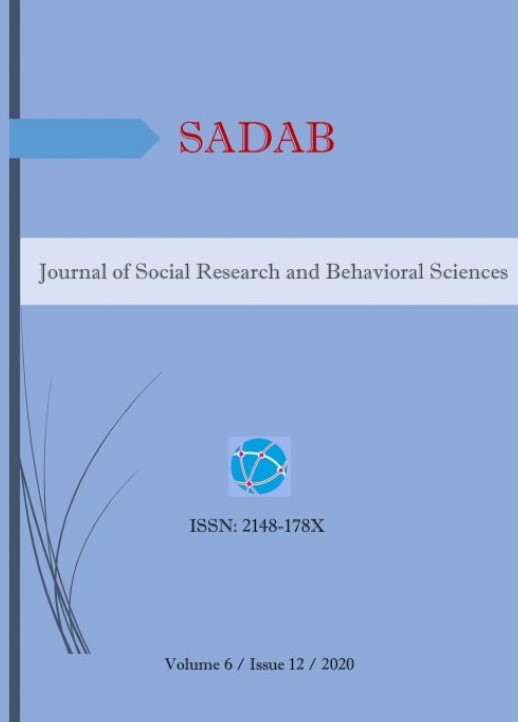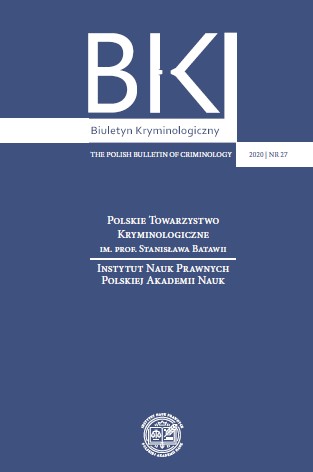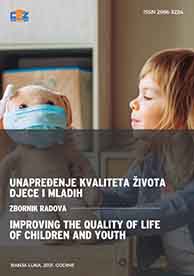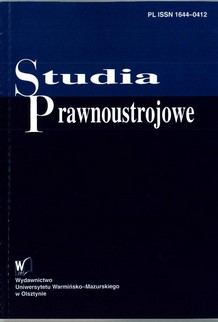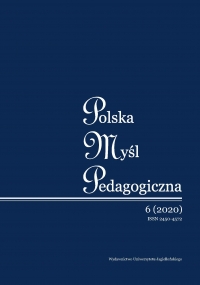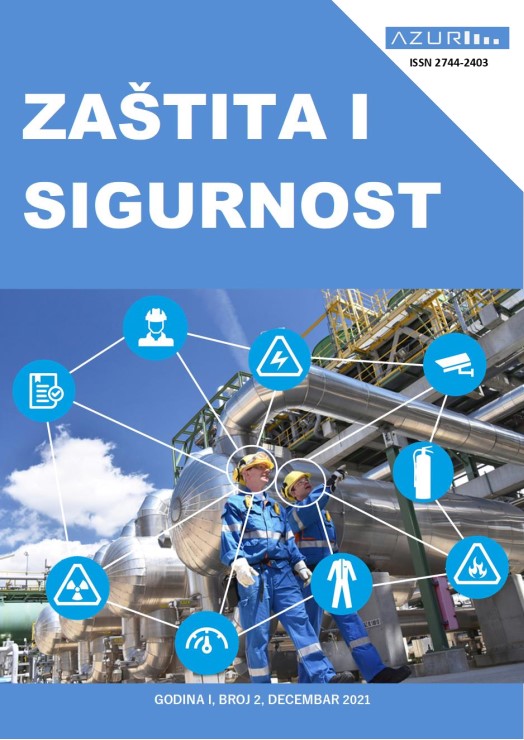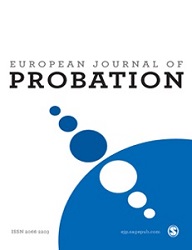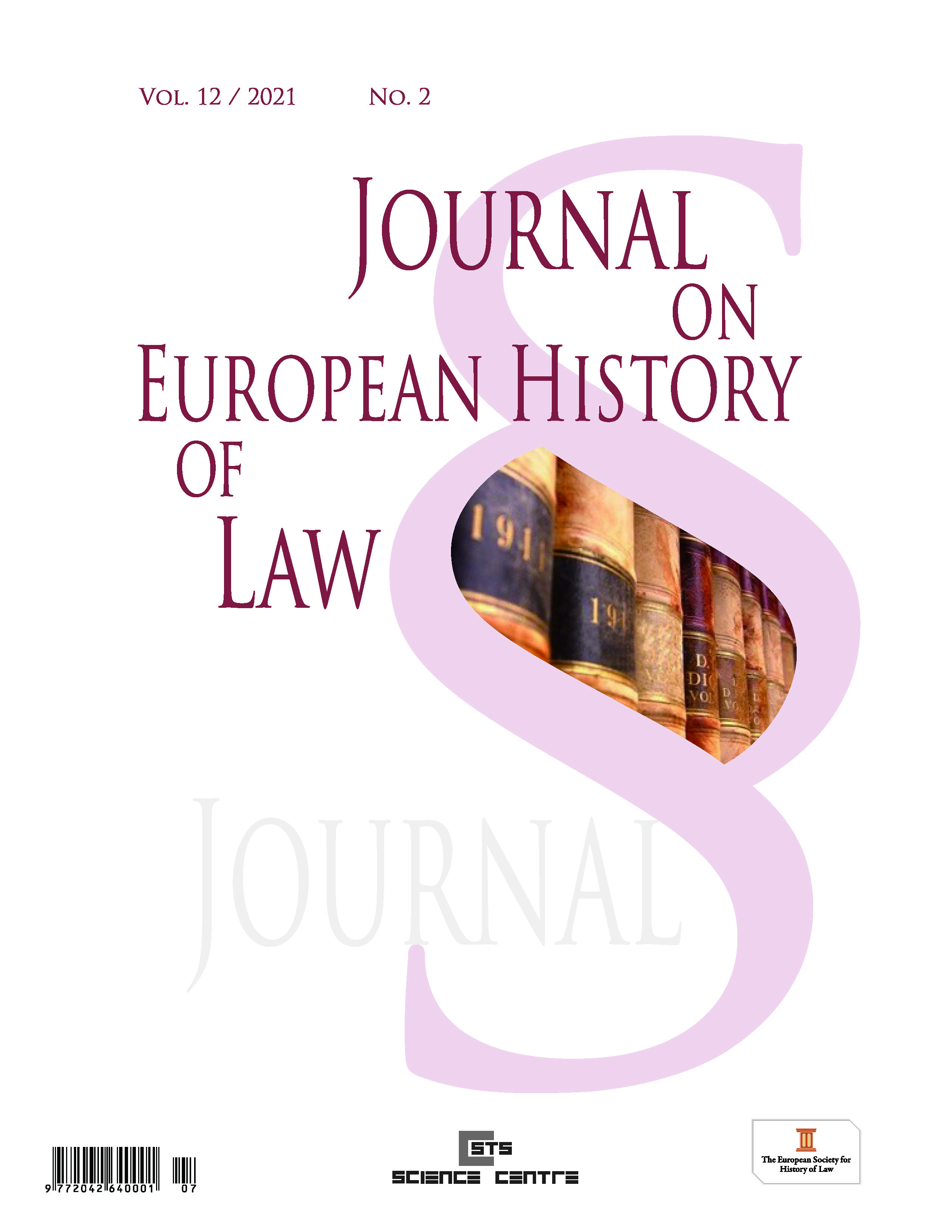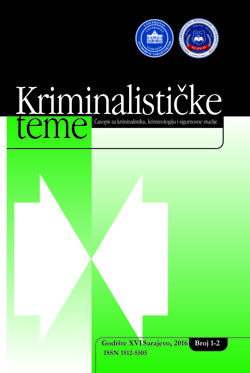
POLOŽAJ ZAVISNIKA U NEFORMALNOM SISTEMU PENALNIH USTANOVA U REPUBLICI SRPSKOJ
Reason(s) for writing and research problem(s): This topic is specific and imposes a number of other problems that can be the basis for further studies, concerning the conditions of imprisonment, administration, distrust, rehabilitation and overall attitude of the society towards this population. Aims of the paper (scientific and/or social): The aim of this paper is to show the position of addicts while serving a prison sentence, their role in the informal system and the reasons of their difficult re-socialization. Methodology/Design: The situation of drug addicts is presented through the analysis of reports and experience of professionals. Through descriptive and statistical method their true position while serving a prison sentence is shown. Study represents conditions on territory of Republic of Srpska. Research/paper limitations: Limitations of this study are presented in its subject, because this is an area that is sensitive and “taboo” topic. Results/Findings: The problem of addiction is specific and in the informal prison system they easily become victims. Institutional correctional treatment is increasingly becoming a seduction administration of offenses and monitoring of criminal behavior of addicts. General conclusion: Person who have been convicted, serve their sentence in the middle of seemingly legally regulated environment, and they are exposed to a number of negative effects of deprivation.
More...
